Breaking
- MENU
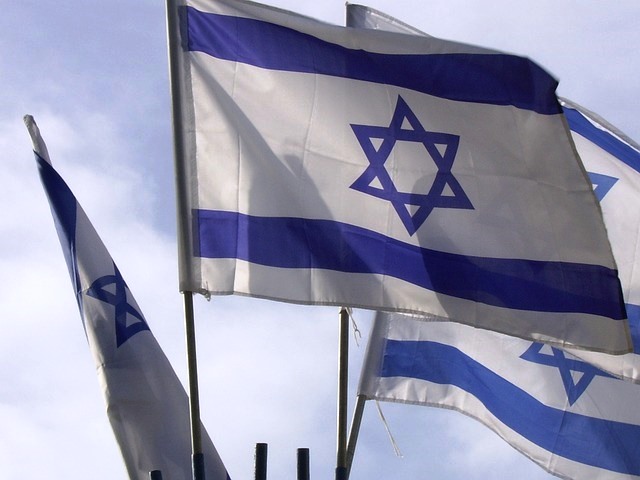
In what proved to be the last book he wrote before his death, “No Room for Small Dreams,” Israeli statesman Shimon Peres presciently observed, “Technological progress has created bridges across borders and languages and cultures. We have yet to fully comprehend the opportunities that will continue to grow from this transformational connectivity.” In 18 months since four Arab states — Bahrain, Morocco, Sudan and the United Arab Emirates (UAE) — formally recognized Israel, the Jewish state and the UAE in particular have made Peres’s words a concrete reality.
Elbit, the Israeli aerospace and defence firm, has announced that its new UAE subsidiary, Elbit Systems Emirates, which it created in November 2021, signed a $53 million contract to provide the Emirate Air Force with infrared countermeasures and electronic warfare systems for the UAE’s A330 tanker transport aircraft. Elbit is already supplying these systems to NATO’s Multinational Multi-Role Tanker and Transport Fleet.
There are other ongoing contracts that UAE and Israeli technology firms have developed, most notably in the defence realm. One example is the growing relationship between Emirati defence firms and Israel Aircraft Industries (IAI). IAI and Edge Group are partnering on developing counter-drone technology. Edge Group is an Abu Dhabi-based conglomerate of 25 firms that UAE Crown Prince and Deputy Supreme Commander Sheikh Mohammed bin Zayed organized in 2019. Edge Group states that its “mission is simple: to bring innovative technologies and services to market with greater speed and efficiency.” It clearly sees IAI, which is Israel’s largest defence firm, as helping it to carry out that mission.
IAI is also working with Dubai Aerospace Enterprise, which specializes in global aviation services and is one of the world’s largest aircraft leasing companies. As one Dubai Aerospace executive put it: “We are doing business in Tel Aviv now with IAI. How the world has changed!”
Israeli defence companies are participating in the UAE’s defence exhibitions. In particular, 10 companies had exhibits in IDEX 2021, the region’s pre-eminent defence expo. Israel’s Rafael pavilion, with its Spyder mobile air defence system, proved to be one of the most popular exhibits. Israel’s Avnon Group highlighted its counter-drone technology. Yet another Israeli company, Emtan, displayed its highly capable MZ-4 assault rifle and a variety of side arms.
This week Israeli president Isaac Herzog paid his first visit to the UAE, where discussed security issues with the crown prince. Herzog, whose plane flew over Saudi Arabia, made the visit despite recent attacks by Houthi missiles and drones that have rained down on the UAE. The soft-spoken Israeli told the equally soft-spoken crown prince that Israel “completely support[s] your security requirements.” Soft-spoken the two men may be, but security cooperation between the powerful Jewish state and the Sparta of the Gulf is one to be reckoned with, especially in Tehran.
Few may be surprised that the UAE and Israel are increasingly working together in the aerospace and defence sector. The two countries have trained in a naval exercise conducted with the U.S. Central Command. Israel also maintains less-public military relationships with a number of other Arab states. But the UAE has gone further than most: It is now investing significant funds in broader areas of the Israeli high-tech sector.
The Wall Street Journal has reported that Mubadala, the Emirates’s sovereign investment fund, has poured nearly $100 million into six Israeli venture capital firms. Mubadala was established by Mohammed bin Zayed and he continues to remain close to the company’s leadership. Its investments, therefore, reflect not only the UAE’s desire to attract high-tech start-ups, but also the government’s more expansive views of cooperation with Israel.
Two weeks ago, the Israeli cabinet approved a joint Israel-UAE research and development fund; each country will contribute a total of $50 million to the fund. Last week, 11 start-ups were part of an Israeli delegation to Dubai to participate in a medical technologies exhibition that featured innovations in health care, an area in which Israel is especially strong. Trade between the two countries has reached the billion-dollar mark, and that is only over the past 15 months since they signed the Abraham Accords.
Shimon Peres was an optimist. He wrote: “We have seen the impossible made real again and again.” That Israel and an important Arab state not only could have developed a working relationship, but also have accelerated their cooperation to such a great extent in under two years, demonstrates the power of Peres’s vision. It is only a shame that he did not live to see one of his prophecies come true.
Note: This article was originally published in The Hill on 4 February 2022 and has been reproduced with the permission of the author. Web Link
As part of its editorial policy, the MEI@ND standardizes spelling and date formats to make the text uniformly accessible and stylistically consistent. The views expressed here are those of the author and do not necessarily reflect the views/positions of the MEI@ND. Editor, MEI@ND: P R Kumaraswamy

Dov S. Zakheim is a Senior Fellow at CNA Corp and Senior at the Centre for Strategic and International Studies (CSIS) Washington. Previously he served as Under Secretary of Defense (Comptroller) and DoD Chief Financial Officer (2001-04) and as DoD Coordinator of civilian programs in Afghanistan (2002-04). From 1985 to 1987, he was Deputy Under Secretary of Defense for Planning and Resources. He sits on various corporate boards and is Vice-Chairman of both the Foreign Policy Research Institute and Center for the National Interest. He is also the author of Flight of the Lavi: Inside a US-Israeli Crisis (Brassey's 1996).

The longer Israel holds off entering the Gaza Strip, the greater will be the number of voices around.....
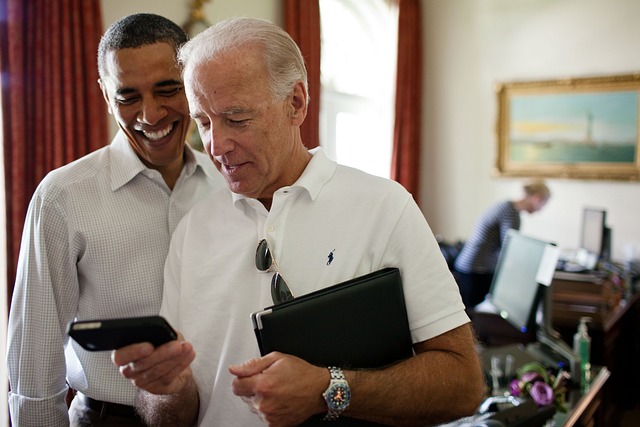
It was rather amusing to see President Joe Biden hugging Israeli Prime Minister Benjamin Netanyahu u.....
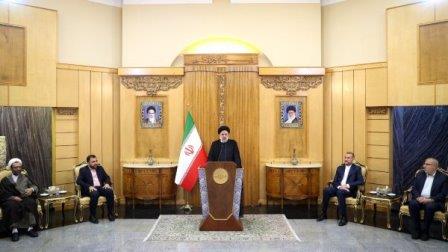
The Biden administration’s money-for-hostage exchange with Iran has, not surprisingly, generat.....
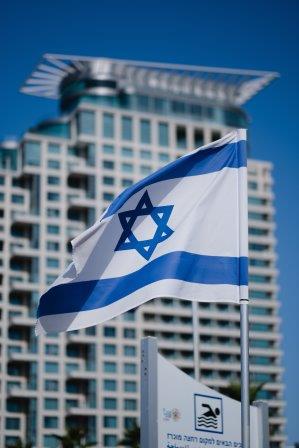
On its face, there is little that the United States can do to help prevent Israel from destroying it.....
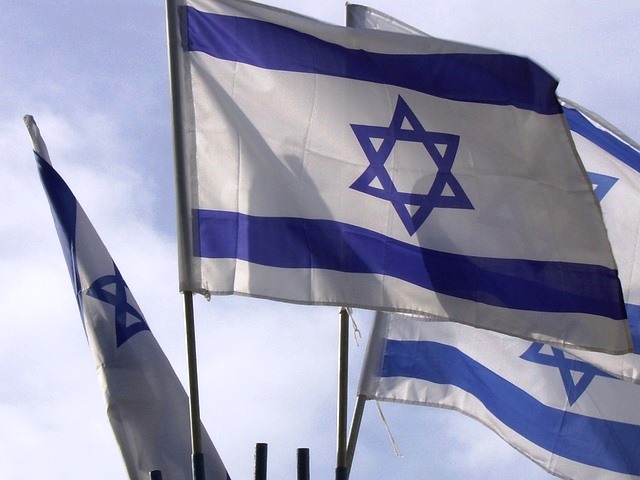
In 1996, when Benjamin Netanyahu was first elected prime minister, Israel was still basking in the a.....
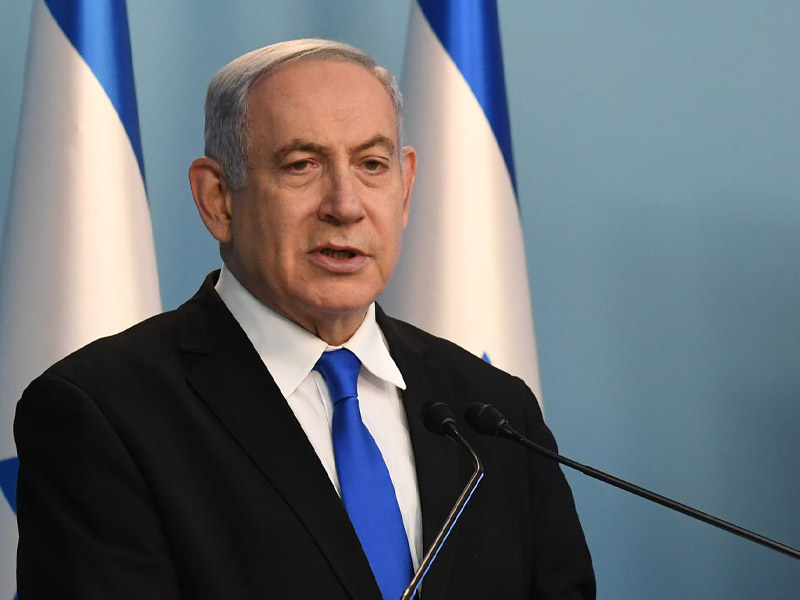
As the world watches Vladimir Putin brazenly annex chunks of eastern Ukraine, one politician in part.....
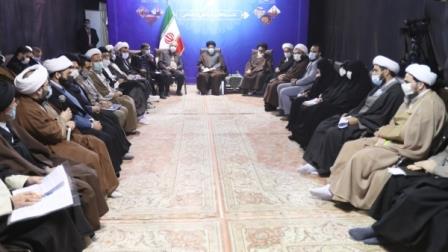
Israel and Turkey recently announced that, once again, they would upgrade their relations to full di.....
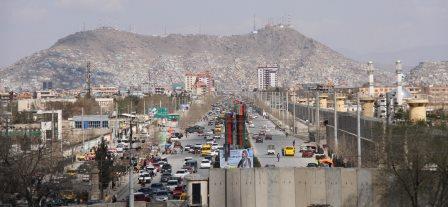
The one year anniversary of the Biden administration’s chaotic exit from Afghanistan has provi.....
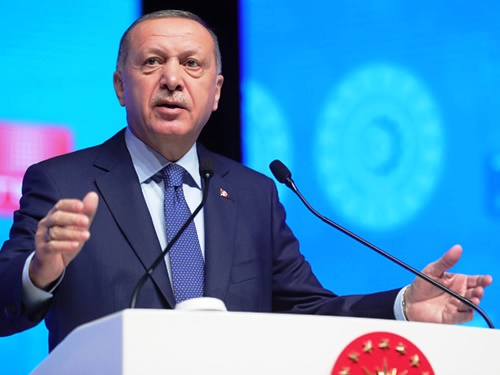
“Unpredictable” is an understatement when describing Turkey’s authoritarian presid.....

Joe Biden’s visit to Saudi Arabia did not exactly work out as the president perhaps had antici.....
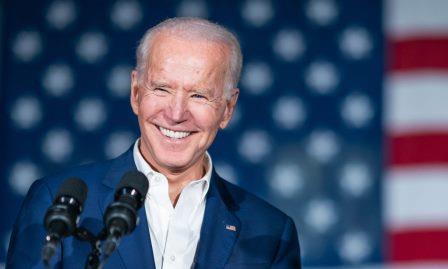
As President Biden often reminds his Israeli interlocutors, he first visited Israel in 1973 when Gol.....

It is not often that a government falls over a few crumbs. But that is exactly what could happen to .....

The State Department this week issued a report that once again rejects China’s claims to exclu.....
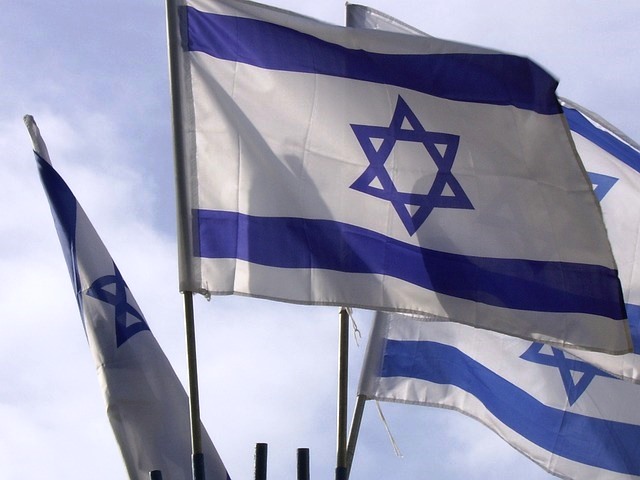
Even as the left wing of the Democratic Party continues to blast Israel — to the degree that t.....
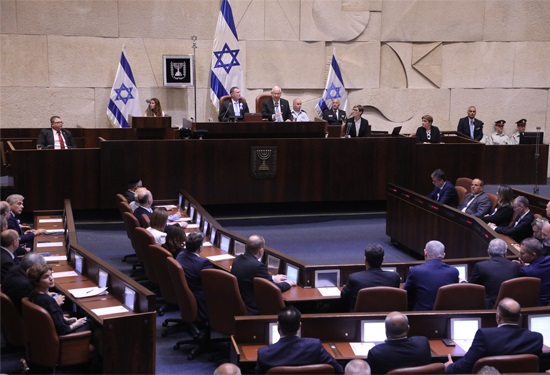
Several days ago, a group of so-called progressive Democrats, led by the “Squad” &.....

The Israel-Hamas ceasefire appears to be holding. President Biden has reiterated his commitment to a.....
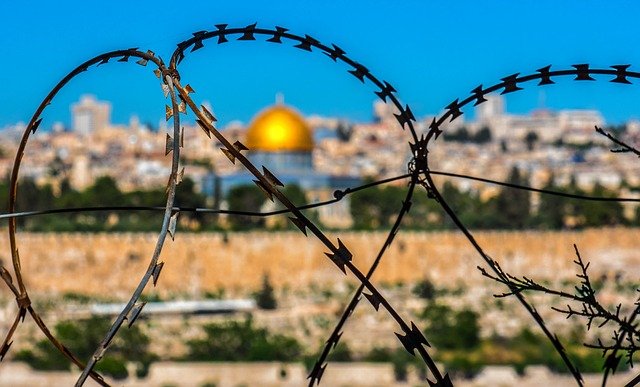
At the time of writing, the increasingly bloody war between Israel and Hamas continues apace. At som.....
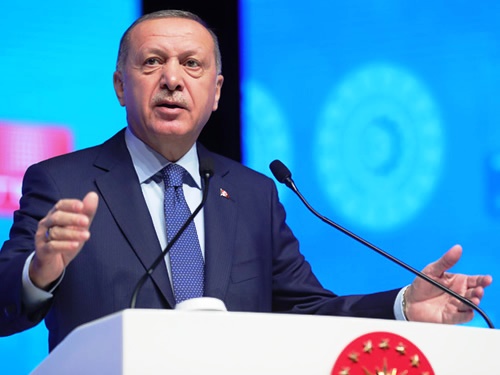
The chasm between Washington and Ankara grows wider by the day. President Biden’s decision to .....

Jordan’s arrest of about twenty leading officials accused of plotting to overthrow King Abdull.....
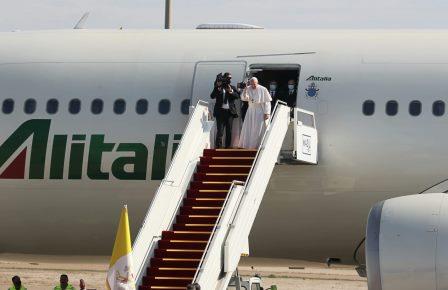
“It was an amazing visit.” That’s how Iraqi President Barham Salih summed up to me.....
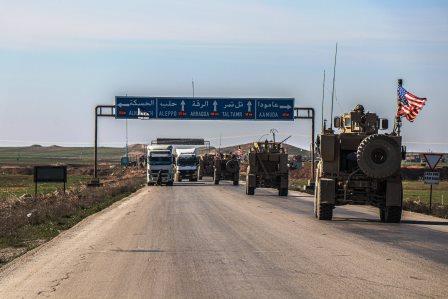
President Trump appears determined to withdraw as many troops as he can from the Middle East before .....
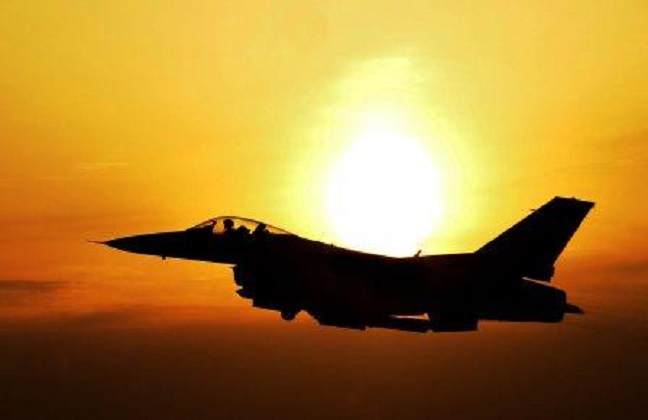
Forty years ago, the Reagan administration sought to sell AWACS early-warning and control aircraft t.....
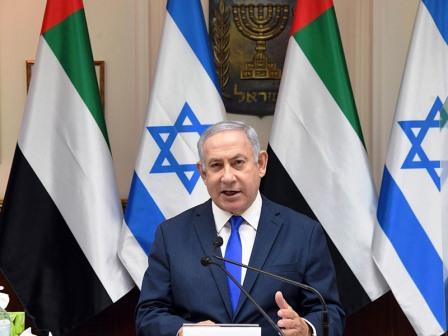
Having hosted a successful White House ceremony to formalize the normalization of Israel’s rel.....
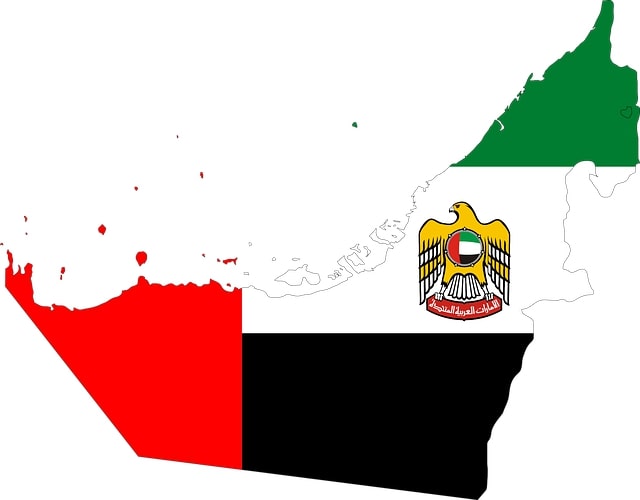
Donald Trump’s electoral prospects appeared to be fading away; for weeks Joe Biden was leading.....

Washington continues to be consumed by speculation and debate over whether the United States should .....
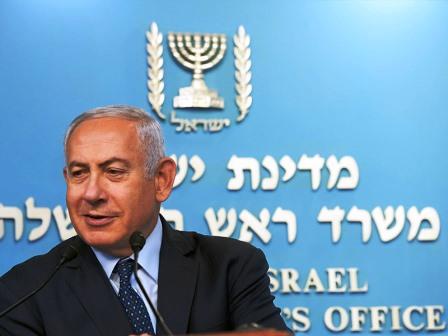
While Americans are agonizing over the wisdom of killing Iranian Quds Force leader Qassim Suleimani,.....
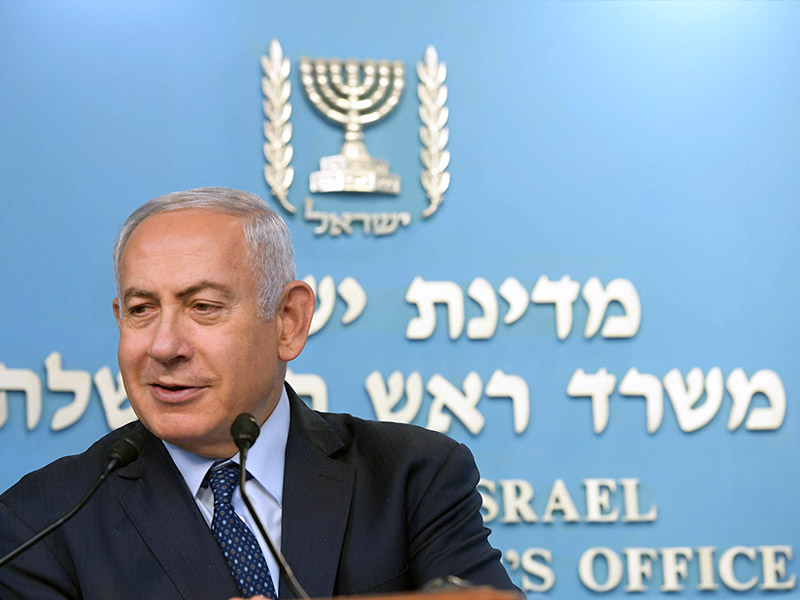
For months, Israel’s pundits predicted that Prime Minister Binyamin Netanyahu once a.....
